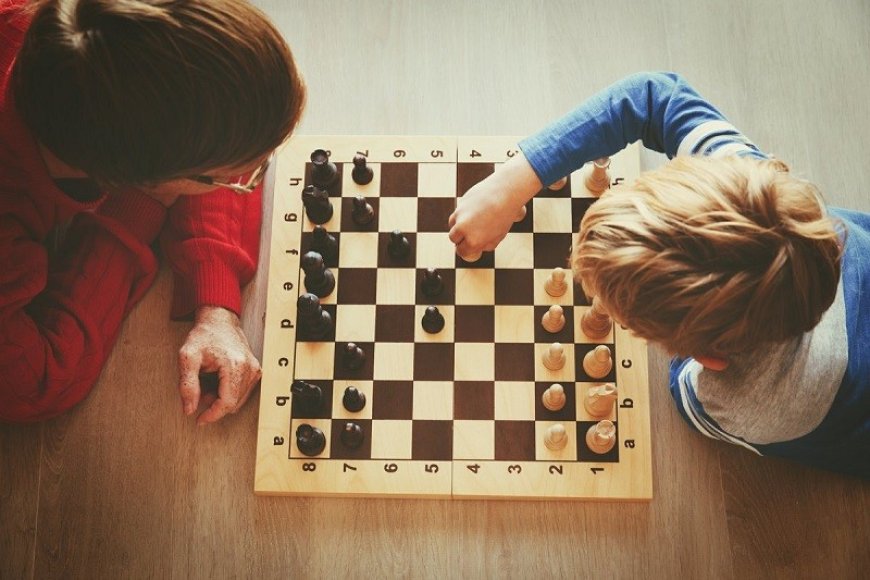The growing popularity of chess in the educational environment of children and young people

Chess is not a game that is known recently, since it traces its origin to the Arabs. It came to Europe through the Byzantine Empire. And since then, it has gained popularity among sports, but for a long time thought for a few. Because it requires learning and perseverance. Today, chess is more than a game, it is an ideal ally for education. Because it promotes mathematical ability, concentration, thinking...
Why chooses chess
If you want to improve your math skills, your educational skills. If you are thinking of improving the interpersonal relationships of your young child or teenager. If you are looking for the way in which he can concentrate and acquire discipline. There is no doubt that you have to start thinking about learning chess. Every day more teachers recommend its inclusion in extracurricular activities. And every day more, chess is gaining even more popularity.
There is nothing complicated about chess, as has been thought for centuries. It is a board game played by two opponents. Those that use 16 mobile pieces that move on the board divided into 64 squares or squares. At a competitive level this is a sport. Today, however, it goes further. Its great advantages have been proven. And it is a social, educational game with therapeutic qualities.
Chess traces its origin back in time. In Europe it emerged in the fifteenth century based on a Persian game called Shatranj. Which in turn was an evolution of the Indian game of the sixth century, called chaturanga. It was in 1896 when the competitions began and it was later catalogued as an Olympic game. It has the same thrill of any other game. And like so many others, you can compete individually and in some cases in teams. Its Chess Olympiads are world-renowned.
Unlike other games that may be difficult for some to learn or practice, this one is easily learned. But in addition to just playing, which is a challenge and fun, practice has many advantages. Since a chess player who practices the same regularly, can develop multiple skills. Those that are ideal for the educational and professional environment. Constancy, concentration, and more, which come in handy in everyday life.
Therefore, the great advantage that a boy or girl obtains by learning at an early age. And it is precisely because of these advantages that it is now included in educational projects. It becomes a way to prepare the little ones to face mathematical learning. So that when they get to it, they are more focused. And learn more easily. Because chess gives them mathematical reasoning.
Advantages of playing chess for students
According to experts, children who play chess have a better ability to concentrate. More self-confidence, which makes them more extroverted. They have advanced planning and competitive management skills.
To play this game you have to concentrate and think carefully. This is a way for children to learn to reflect. Moves are made that can alter your entire game, win it or lose it. Therefore, students who take advantage of this game, think with more concentration and in a reflective way. But they are also able to maintain their attention despite what could, in other cases, distract them. And this, we all know, is very important in the educational environment.
Unlike other games or activities that could serve as learning for children and young people, here you always learn. Each game is different, each opponent is a new challenge. These constant changes in chess require trying new tactics. So, to achieve this, our player concentrates on each new situation. Reflect and play based on what the new game demands. This improves your academic performance and will serve you at other levels of practical life. A more reflective way of thinking and acting. A greater attention span. Decision making, competitiveness, interpersonal relationships.
Skills that children learn on a daily basis, but that are more easily obtained with an entertaining game. And what is so important for parents and teachers, a better handling of mathematics and calculation. Well, it is precisely the mathematics that seems complicated to students, which influence poor school results.
